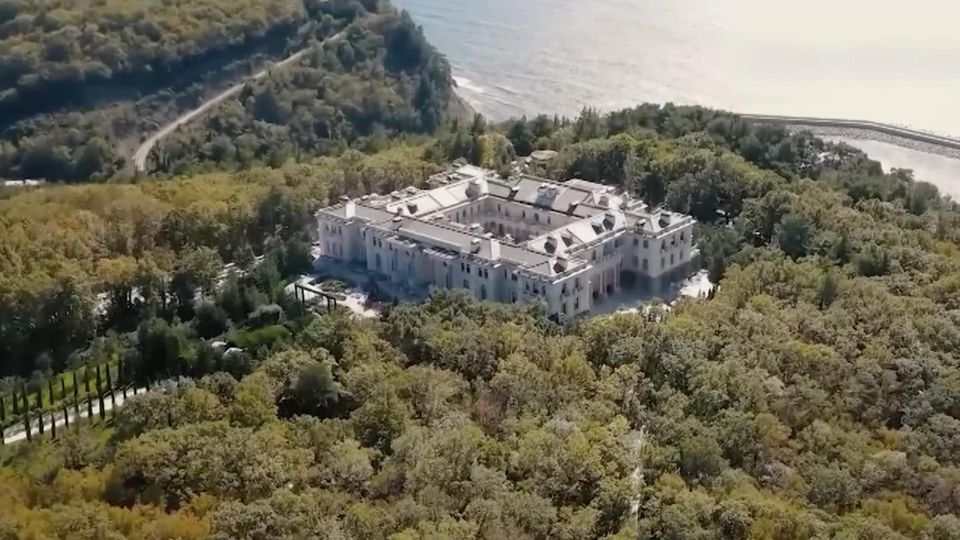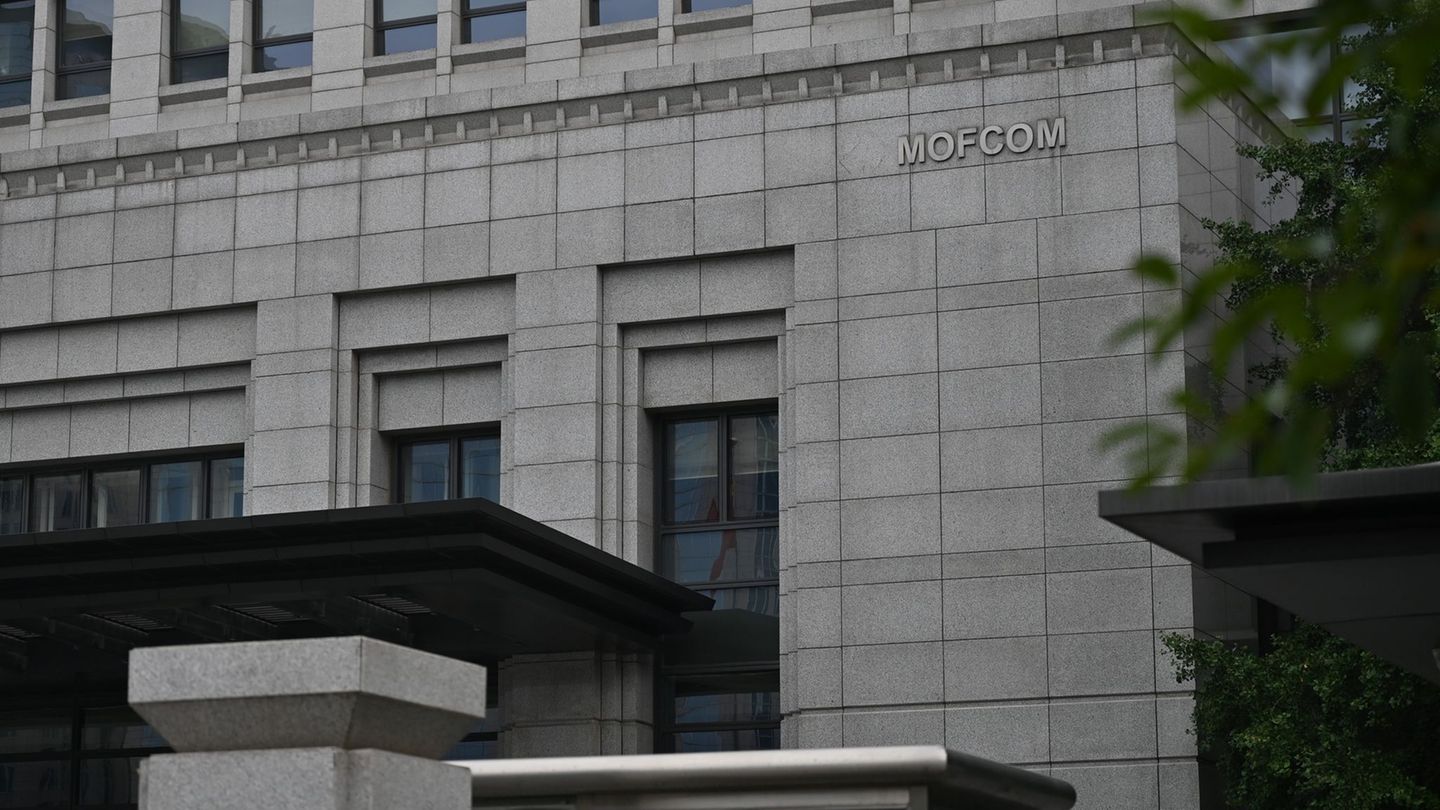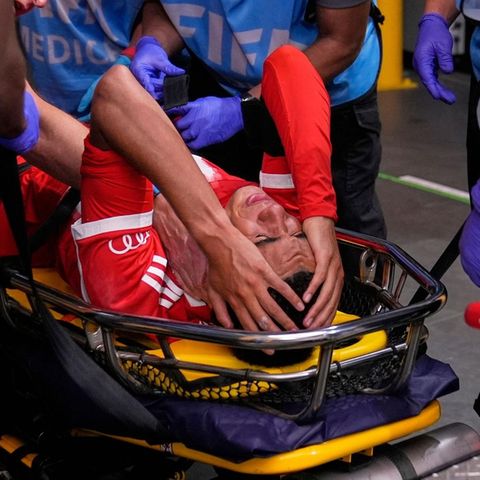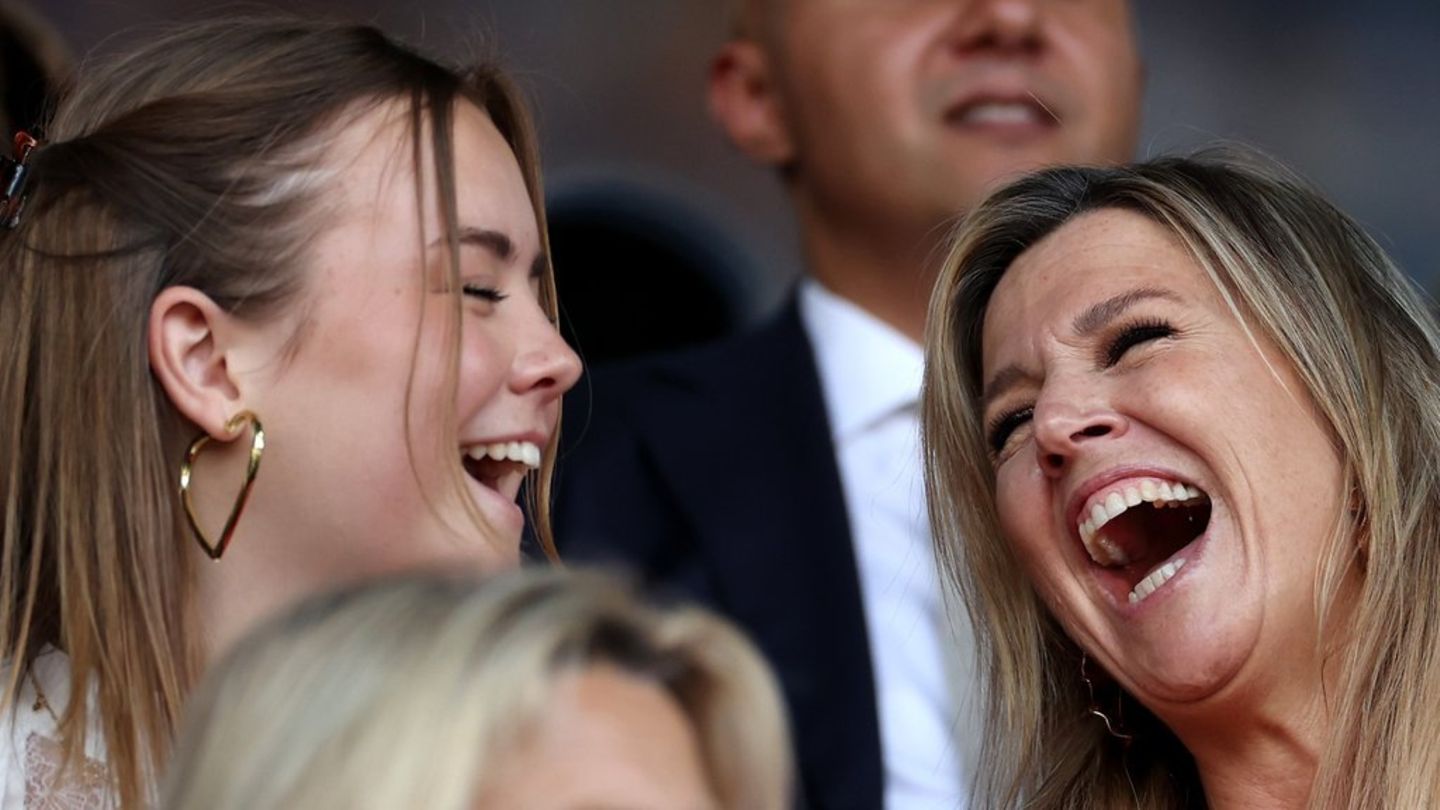A good eight months ago, Kremlin opponent Alexei Navalny died in a prison camp. Despite torture, he wrote his autobiography “patriot” – an indictment against President Putin.
By Ulf Mauder
Julia Navalnaya sees the autobiography as a kind of legacy from her husband Alexei “patriot” the most important opposition figure in Russia for many years. The book is not published in Russia, but in Russian and in 19 other languages, including German (Publisher S. Fischer). The 48-year-old says it is an important testimony to the courage of Kremlin chief Vladimir Putin’s fiercest opponent and to his belief in a better future for Russia. She completed the more than 500-page work with many photos of the family and political appearances even after Navalny’s death.
Navalnaya underlines what readers quickly notice: that even in the darkest hours of imprisonment – despite torture and illness – Alexei Navalny never lost his humor and optimism. Anyone who has followed Navalny’s political career knows many of the book’s stages. And he is also familiar with the opposition leader’s biting criticism – in public appearances in front of thousands of demonstrators, in his broadcasts on the Internet or in court.
But he also gives very intimate insights into the overall view of his life. Impressions of the fate of a man who, like no other, denounced a mafia system under Putin with countless revelations, but was also carried by his love for his wife Julia and his children Dasha and Sachar. Navalnaya herself says in a clip on Instagram that she had to laugh and cry again and again as she finished work on the book.
Important fighter against corruption
Navalny tells how, as the child of an officer in the crumbling Soviet Union, he became the most important fighter against corruption in the vast empire through studying law and working as a lawyer. The biography is not just an entertaining testimony to how a politically very alert person experienced contemporary history. The reader also learns about the sins of youth and Navalny’s attempt to take a front against the Kremlin through controversial collaboration with right-wing extremists.
For the most part, the book is also a reference work on how political grassroots work works – or doesn’t – in an authoritarian system, far removed from Western ideas. Navalny, who has won international awards, managed to build a broad political network and expose those in power with his anti-corruption foundation until Putin’s apparatus increasingly began to resist. Navalny also describes the numerous attacks on him, which culminated in the poisoning attack with the nerve agent Novichok in Siberia in 2020.
The Kremlin opponent barely survived. He shocks his readers with details of the agony on the plane and then lets them breathe a sigh of relief on the journey through time when he wakes up from his coma in the Charité in Berlin – much slower than in a Hollywood film. He is learning life again and is visited by Chancellor Angela Merkel on the day he is released. The criminal case, which received worldwide attention and which the power apparatus in Moscow never wanted to investigate, was ultimately the trigger for the book project.
Return to Russia despite the risk of death
Navalny answers in detail the repeatedly asked question why he flew back from Berlin to Moscow despite the threat of imprisonment and the risk of death. This is the only way he can be credible in his love for Russia. Anything else would be treason. Last but not least, his biography illuminates the difficult balancing act of sacrificing family happiness and one’s own life for political convictions.
“I knew from the beginning that I would be in prison for life,” it says at one point and in another: “I will spend the rest of my life in prison and die there. There won’t be anyone to say goodbye to.”
Navalny died alone in the prison camp on February 16 “Arctic wolf” in the Arctic region under unclear circumstances. The authorities refused to hand over his body for days until his mother, Lyudmila Navalnaya, made the blackmail attempts public in a video appeal to Putin. She ultimately managed to ensure that Navalny was buried in Moscow on March 1st, with the great sympathy of thousands of people.
book as “monument” for the opposition leader
Navalny himself appears to be at peace with himself in the book. He was able to achieve a lot in his short life, more than many others – and believes that the book, “If they finally finish me off, it will be my monument”.
This book isn’t the only thing that aims to preserve his legacy. Shortly after his death, Yulia Navalnaya declared that she would continue her political fight against Putin. Like the children, she lives abroad. In meetings with leaders such as US President Joe Biden and Chancellor Olaf Scholz, she repeatedly draws attention to the necessary fight against Putin’s war against Ukraine. And she is committed to the release of political prisoners, as was the case during an exchange with Germany in the summer.

Secret recordings from Putin’s palace released: Russia’s president really lives this luxuriously
00:49 minutes
Navalny’s anti-corruption foundation is banned in Russia as extremist. But the most prominent representatives of his team have long continued to work abroad – albeit with less clout than before. Political commentators had always feared that the loss of the figurehead Navalny could be a life-threatening blow to the opposition. Months after his death, the camp of Kremlin opponents of various stripes is actually more divided than ever.
Source: Stern
I have been working in the news industry for over 6 years, first as a reporter and now as an editor. I have covered politics extensively, and my work has appeared in major newspapers and online news outlets around the world. In addition to my writing, I also contribute regularly to 24 Hours World.




